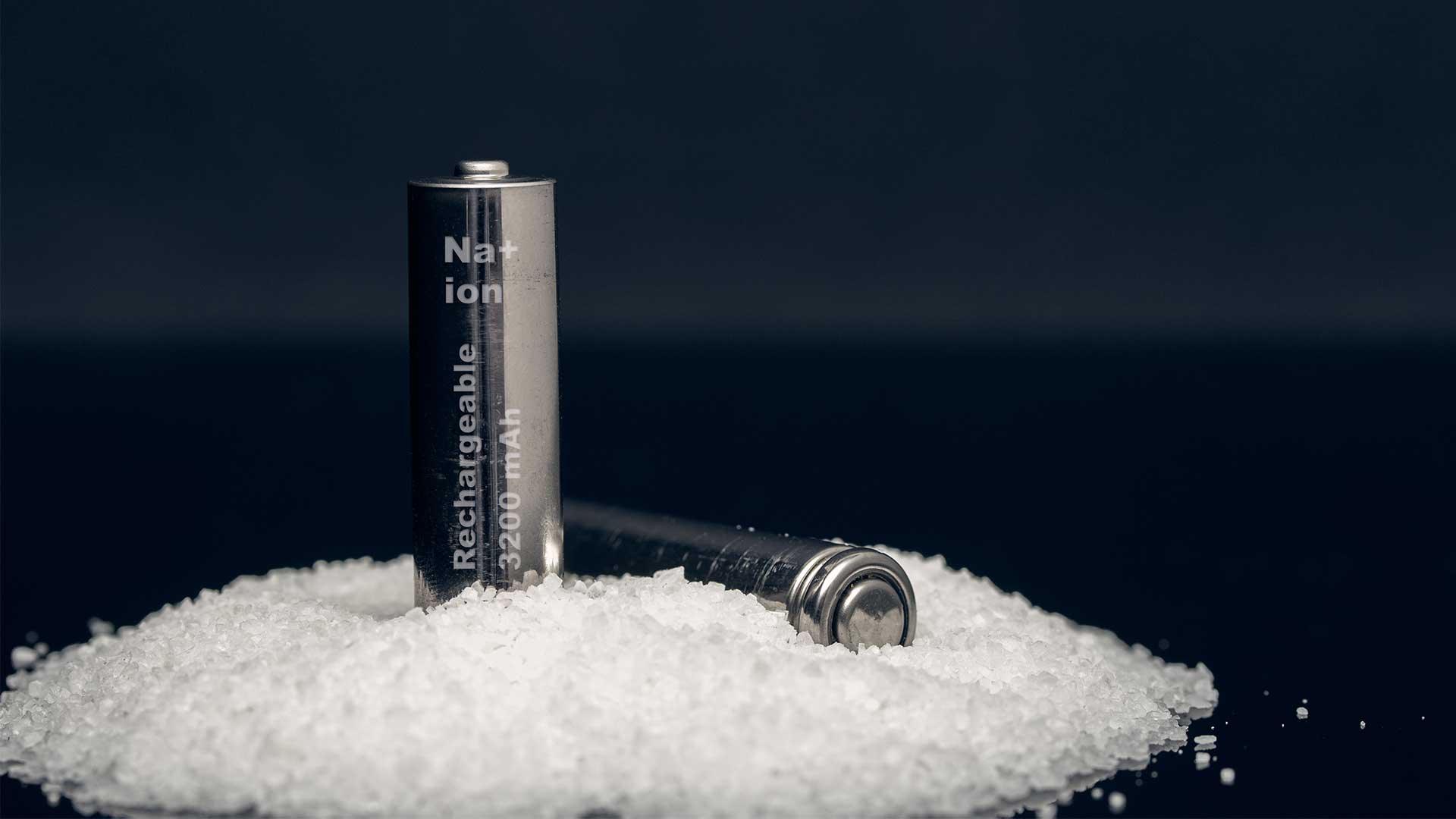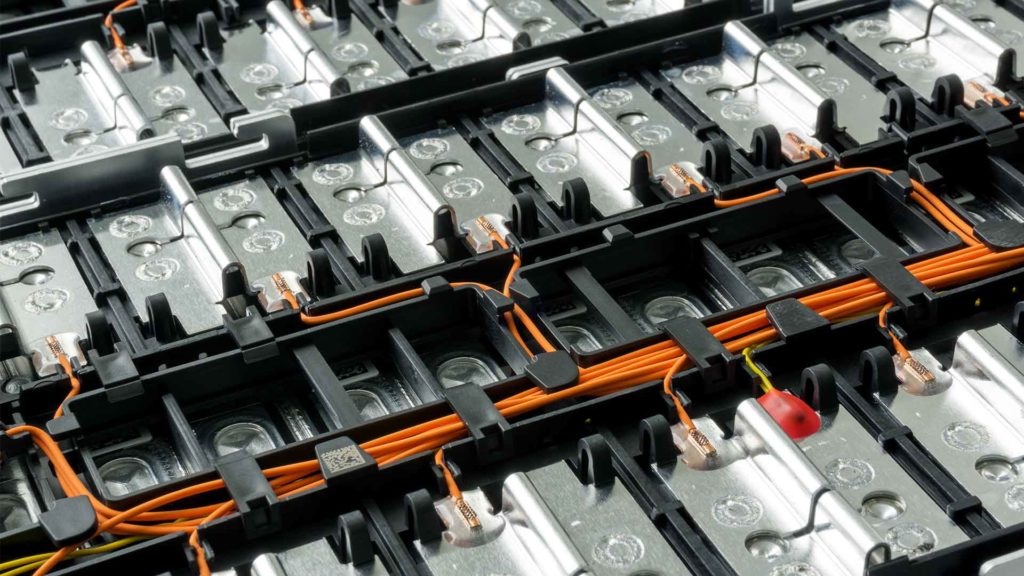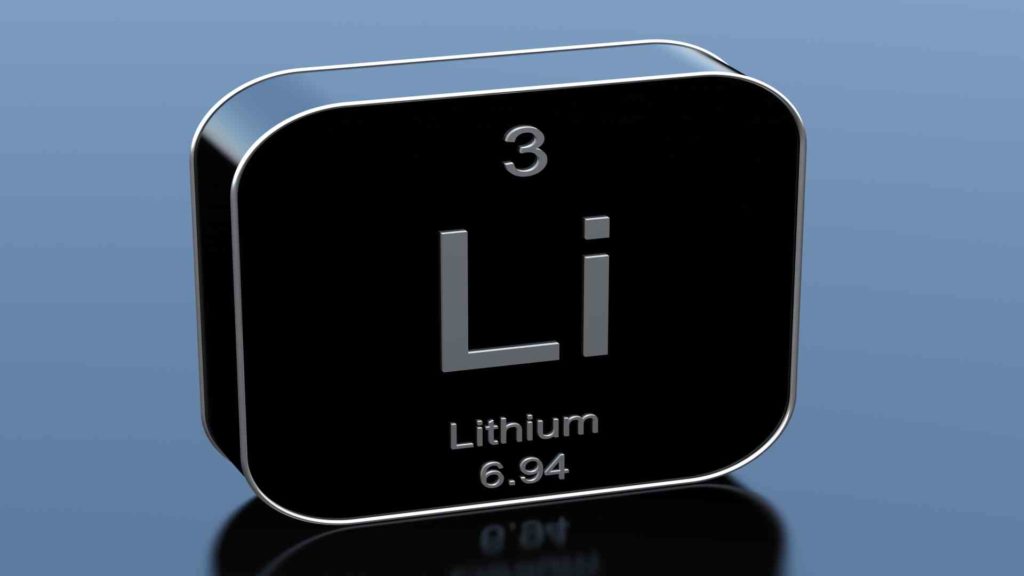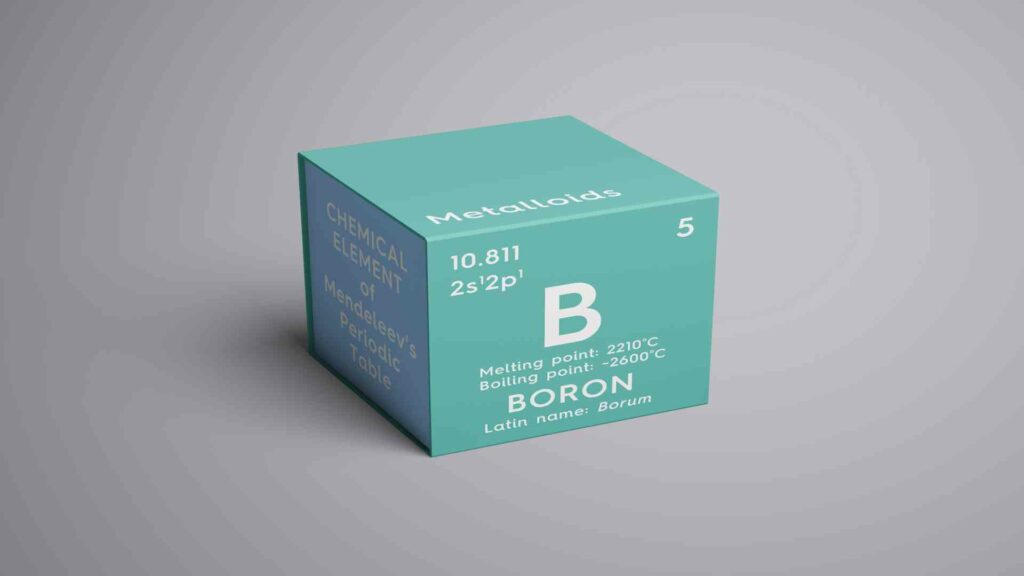Podcast – Facts about Sodium-Ion Batteries
Today, we’re going to talk about sodium-ion batteries. It’s no secret that batteries are a big part of our lives. They power our mobile phones, laptops, and cars. For manufacturers and consumers alike, several factors are important such as pricing durability, power density, safety, and temperature operating range.

Welcome back to the Borates Today podcast. Each week we cover news on boron and borates that are relevant to the industry and timely with a range of topics, including the latest industry news, we answer questions about the key players in the sector.
What are the trends driving demand and supply boron? the science behind boron? Who’s doing valuable research into new boron and its benefits? How does boron decarbonization, in advanced energy? In food security, and in providing nutrition? So don’t to check out boron applications and benefits on our website: borates.today
Today, we’re going to talk about sodium-ion batteries. It’s no secret that batteries are a big part of our lives. They power our mobile phones, laptops, and cars. For manufacturers and consumers alike, several factors are important such as pricing durability, power density, safety, and temperature operating range.
The sodium ion battery was first discovered back in 1807 by an English, chemist and inventor, Sir Humphrey, Davy. These batteries have then been around for a long time but regained prominence in the 1990s due to their high energy density.
As we look for cleaner and more efficient ways to power electric vehicles, the sodium ion battery is becoming an increasingly attractive option. Unlike traditional lead acid batteries, they require no rare metals or toxic chemicals, making them both more environmentally friendly and less expensive to produce, and they have a longer lifespan.
Several factors are fueling the demand for sodium-ion batteries. First, the price of lithium-ion batteries has been rising steadily in recent years. Making them less affordable for many consumers and manufacturers. So sodium-ion batteries can provide a more budget-friendly alternative. Second, the range and performance of electric vehicles are improving as battery technology advances.
And this is making EVs a more viable option for consumers, which in turn is boosting demand for sodium-ion batteries. Third, the need for energy storage solutions is driving growth.
Looking ahead. The shortage of lithium supplies is expected to spurn an even higher market demand for sodium-ion batteries.
Sodium is relatively abundant and appears promising, with a balance of supply and demand for future needs.
Let’s look at some of the pros and cons of a sodium ion battery.
On the plus side, it’s energy efficient. Sodium-ion batteries have high energy efficiency due to rapid charging and discharging. Second, it’s abundantly available. Third, it’s super versatile.
Batteries have various applications, empowering homes, businesses, and vehicles. It’s also less hazardous. Sodium-ion batteries are sustainable and eco-friendly. In contrast, lithium-ion batteries, emit poisonous fumes into the environment.
It’s a low-cost substitute. Sodium-ion batteries are affordable substitutes for lithium-ion batteries. The lack of availability and high mining costs make lithium-ion batteries expensive to manufacture. Sodium-ion batteries are also stable at greater temperature ranges with system effectiveness.
On the other hand, there are several disadvantages to the sodium ion battery.
Sodium-ion batteries are larger and heavier, and ions cannot move freely in liquid electrolytes due to their largest size compared to lithium. Typically sodium batteries weigh three times as much as lithium. Sodium-ion batteries also have a lower energy density than lithium-ion batteries.
As far as sodium-ion battery applications are concerned, they are used for power backups. As the world increasingly relies on digital and battery-powered infrastructure. It’s important to have a reliable power backup solution.
They’re also an ideal option for other applications offering on-demand, power to assure secure and efficient functioning.
In the automotive industry, electric vehicles are increasingly popular in meeting carbon emission reduction goals. And sodium-ion batteries are affordable for electric vehicles, including electric bikes and cars. With EV sales anticipated to increase in the upcoming years, sodium ion technology is an obvious choice for powering such vehicles.
On the grid, reliable power is essential. Unstable power supplies can make things work poorly. Sodium-ion batteries maximize solar and wind energy to meet specific grid storage needs efficiently. In industry, sodium-ion batteries are consistently ready and have a strong peak power to improve asset utilization and lower OPEX.
With an impending shortage of supply, it’s important to look at how sodium-ion batteries can be used. Lithium-ion battery technology has enabled portable electronics for a long time. However, there are signs that there will be impending shortages due to the high costs of supplying these materials and the shift away from usage because it facilitates carbon emissions more than other alternatives.
The battery market is dynamic and innovative. So scientists are working hard to create new alternatives for this mineral use in power sources such as electric cars or portable devices that require batteries, not only to last longer but also to be recyclable when they’re done functioning so we can minimize our carbon footprint even more than before.
And that’s all from Borates Today. For more information on topics related to boron and borates, forget to check out our website. borates.today our YouTube channel and podcasts. Thanks for listening.





